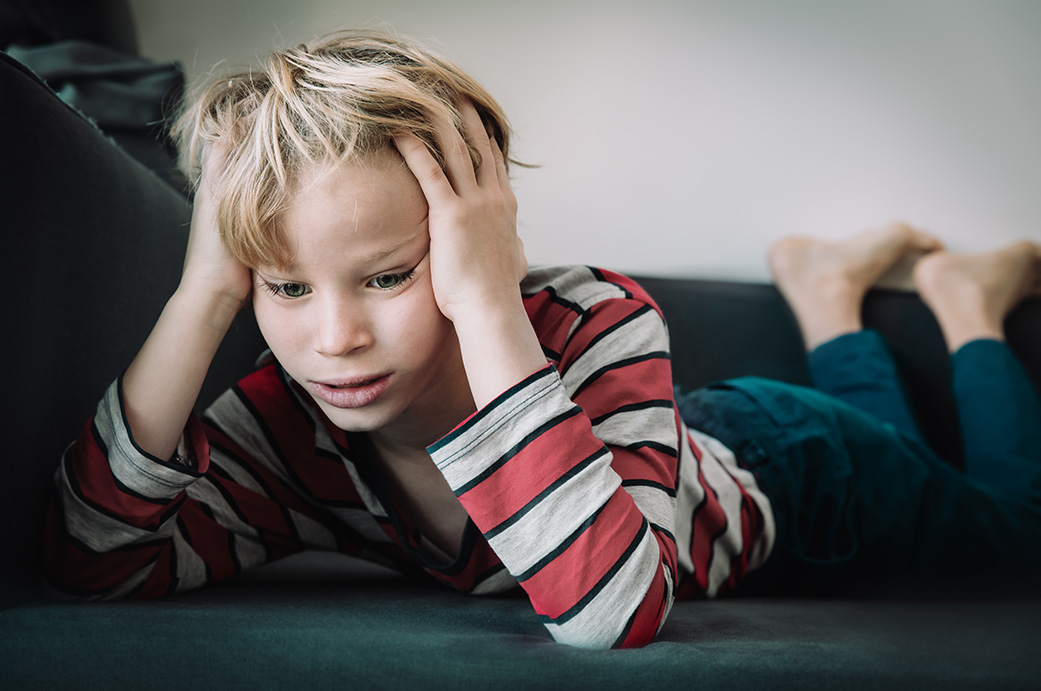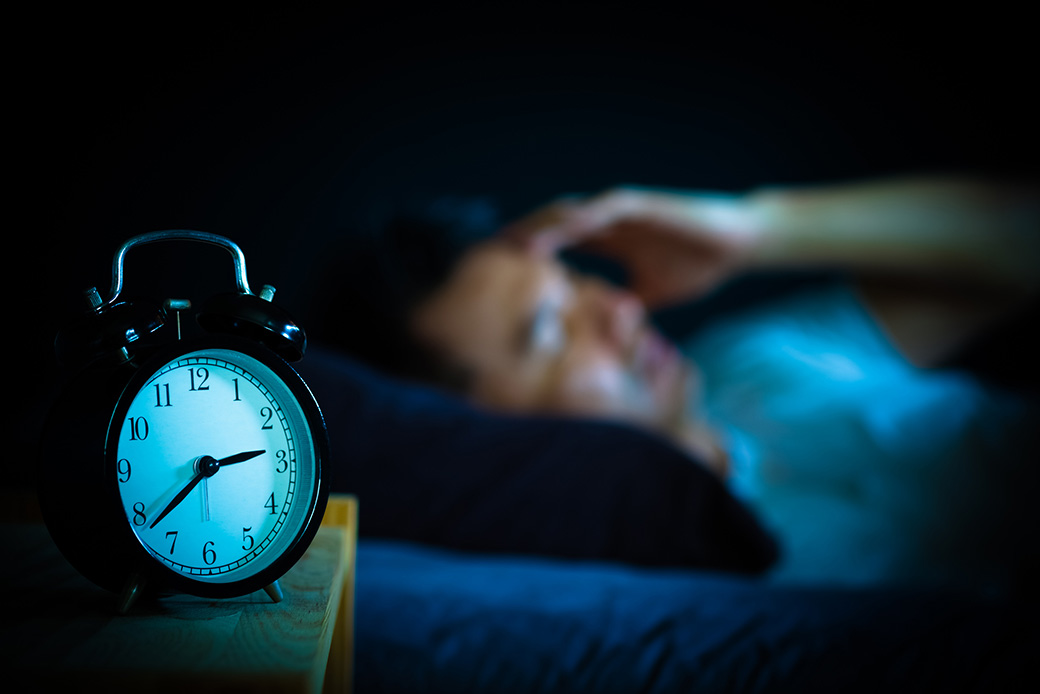It is common for kids to have health related worries and fears at different times throughout childhood and adolescence. When they occur sporadically, they are considered normal and tend to resolve on their own. However, for some children and teens, these worries can become overwhelming and significantly disrupt their functioning at home, school, and with friends. In fact, the American Psychological Association (APA) has reported an increase in health-related anxiety in children and teens since early 2020 when the novel Coronavirus (CoVid-19) outbreak first occurred. A few months ago, we talked about how to talk to your kids about CoVid-19. But how do you know if your child with health-related questions and concerns needs further assessment and treatment?


